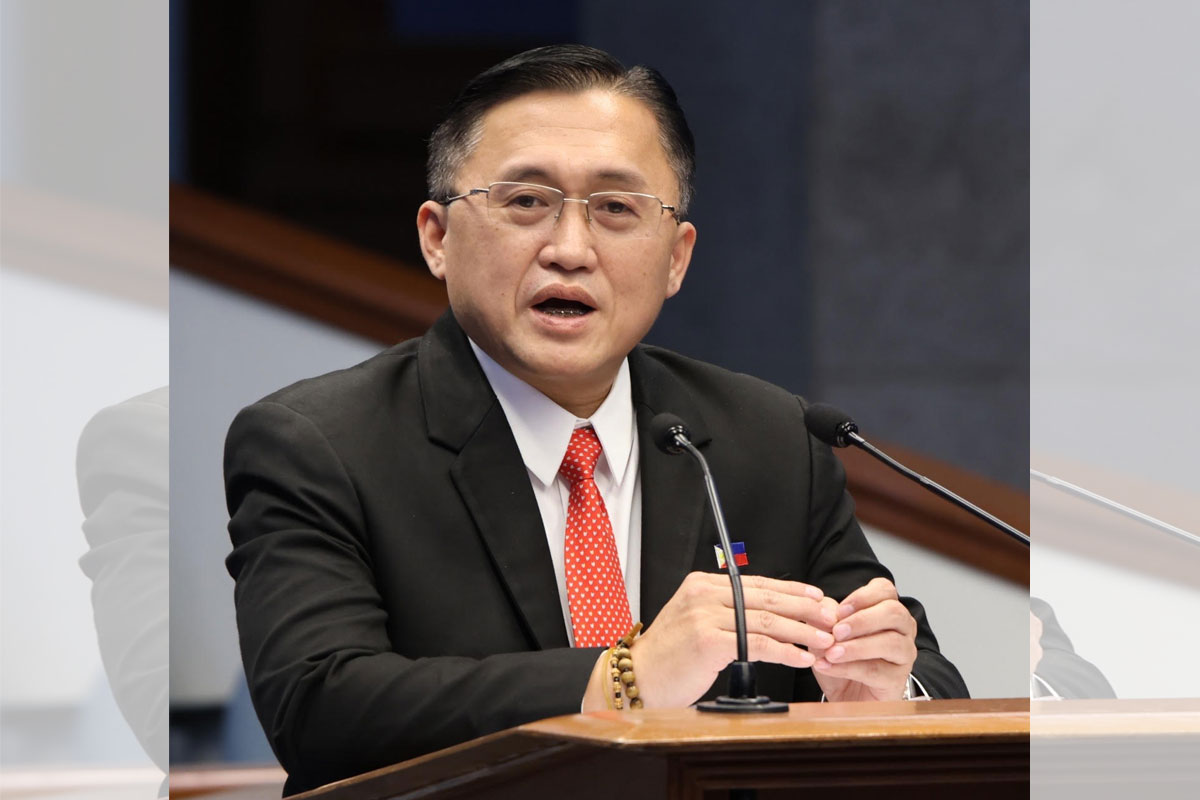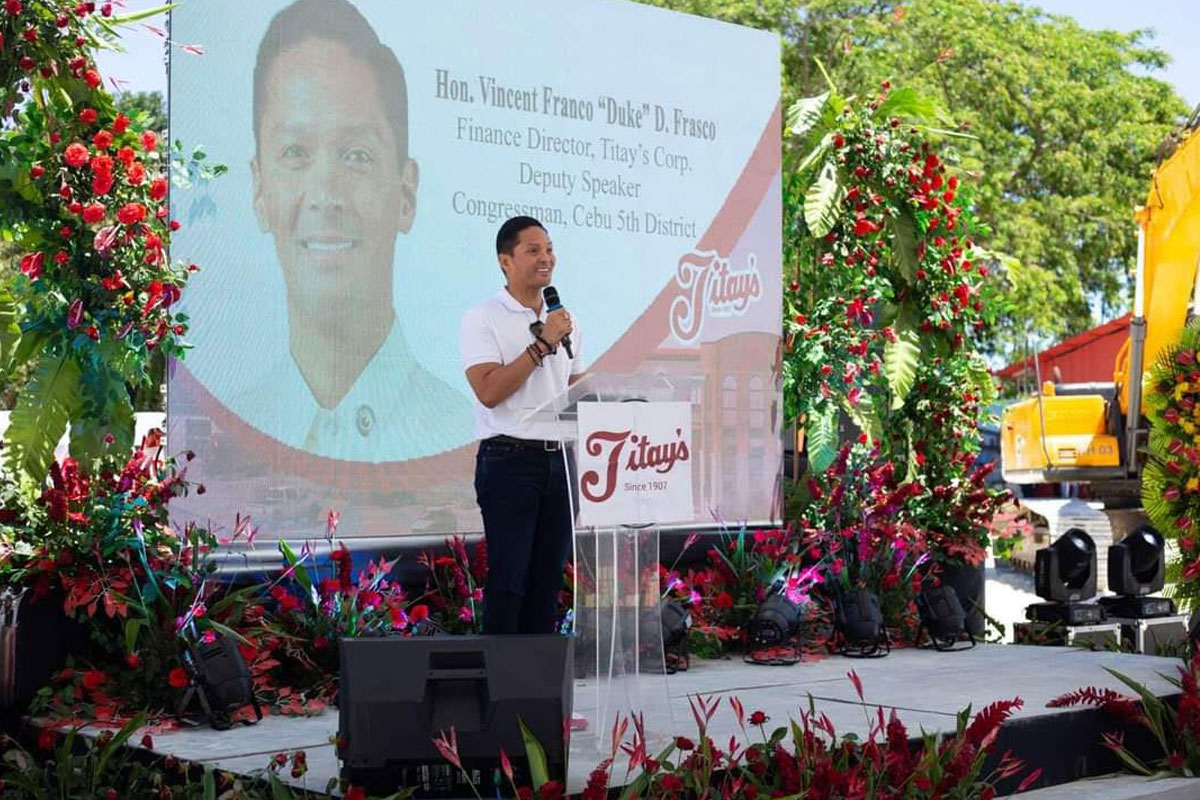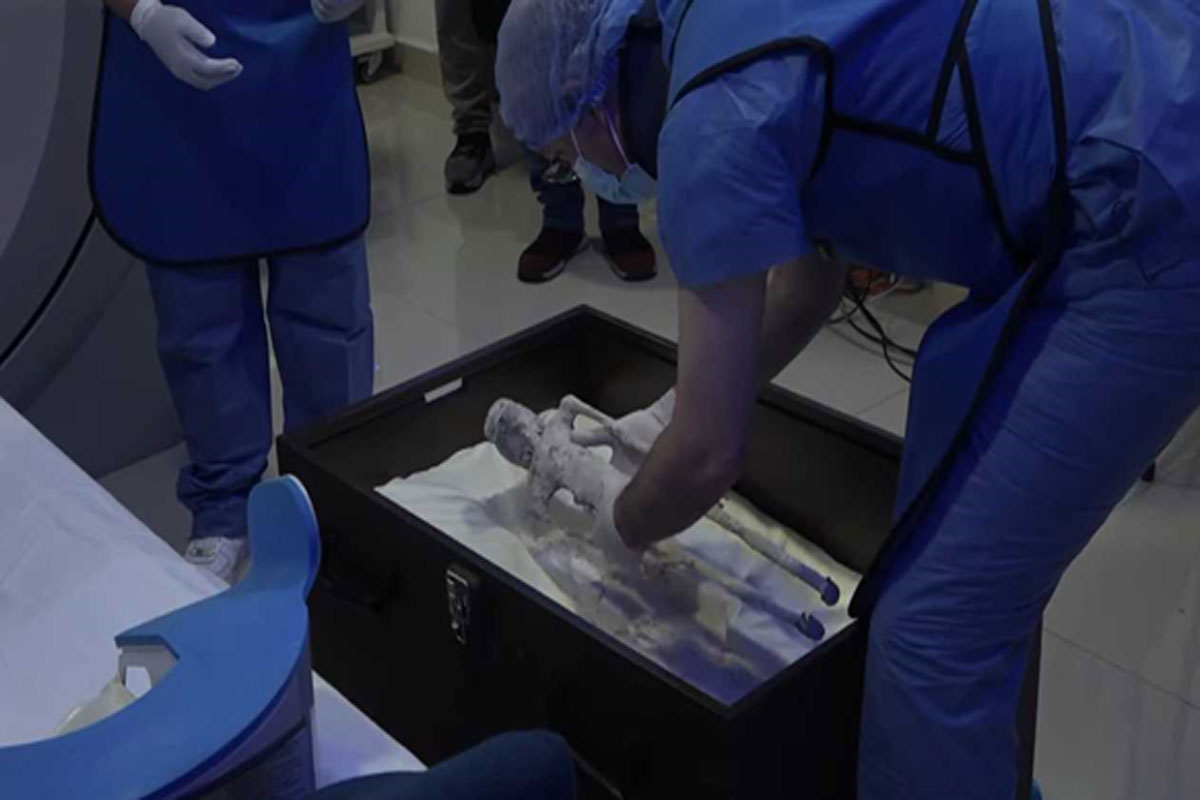
Germany is Using AI to Detect and Track UFOs
Paul Seaburn February 1, 2022
While the U.S. government continues to argue about UFO research funding and limits it to military encounters, a university professor in Germany with a longtime interest in unidentified aerial phenomena has set up a camera system which uses artificial intelligence to detect and track any and all UFOs in its field of vision and has algorithms to identify and rule out meteors, lightning, conventional aircraft, birds and other things mistaken for UFOs. Is there a Nobel prize for UFOs and has anyone nominated him yet?
“Most of these observations concern known phenomena or objects such as birds, aircraft, satellites or clouds. But for a very small proportion, the cause remains unexplained even after intensive investigation by experts.”
 Not a UFO.
Not a UFO.
Hakan Kayal is a Professor for Space Technology at Julius-Maximilians-Universität Würzburg (JMU) in Bavaria, Germany. He has focused his research on developing and operating technical systems with which UAP can be detected, evaluated and analyzed. The SkyCAM-5 camera system is one of them (more on the other later). Installed on the roof of a JMU building, it has been autonomously watching for UFOs since mid-December 2021. (Photos and specs can be seen here.) Known objects are detected and filtered out by a Convolutional Neural Network, which uses machine learning to improve and fine-tune this operation. With the single-camera system working as planned, Professor Kayal explains in the press release what’s next.
“I would like to equip the camera system with additional infrared sensors to be able to observe the sky in another spectral range. It would also be advantageous to have a tracking system in the form of a telescope that quickly aligns itself with moving objects, zooms in on them and follows them on their path.”
Professor Kayal is also requesting funding for a second SkyCAM-5 next to the first – with that, sensor errors would be eliminated as only anomalies detected by both cameras would be recorded. Once that is tested, Kayal wants to set up dual SkyCAM-5s across Germany, Europe and the world.
 AI will eliminate the space objects from the UFOs.
AI will eliminate the space objects from the UFOs.
Along with the SkyCAM-5 project, Professor Kayal is also working on placing miniature AI UFO detectors in space. He’s building SONATE-2 – a shoebox-size (30x20x10 cm or 11.8×7.8×3.9 in) satellite with cameras taking pictures of Earth in different spectral ranges with on-board AI similar to SkyCAM-5 which will automatically recognize and classify objects. The intelligence is on the satellite so that the technology can be developed for use on interplanetary missions, which Hakan Kayal confidently refers to as SONATE-X — the X stands for extraterrestrial. SONATE-2 is under development and scheduled to be launched in 2024 by the German Aerospace Center (DLR) with funds from the Federal Ministry for Economic Affairs and Energy (BMWi) based on a resolution of the German Bundestag.
What’s YOUR government doing about UFO research?
MU*



















